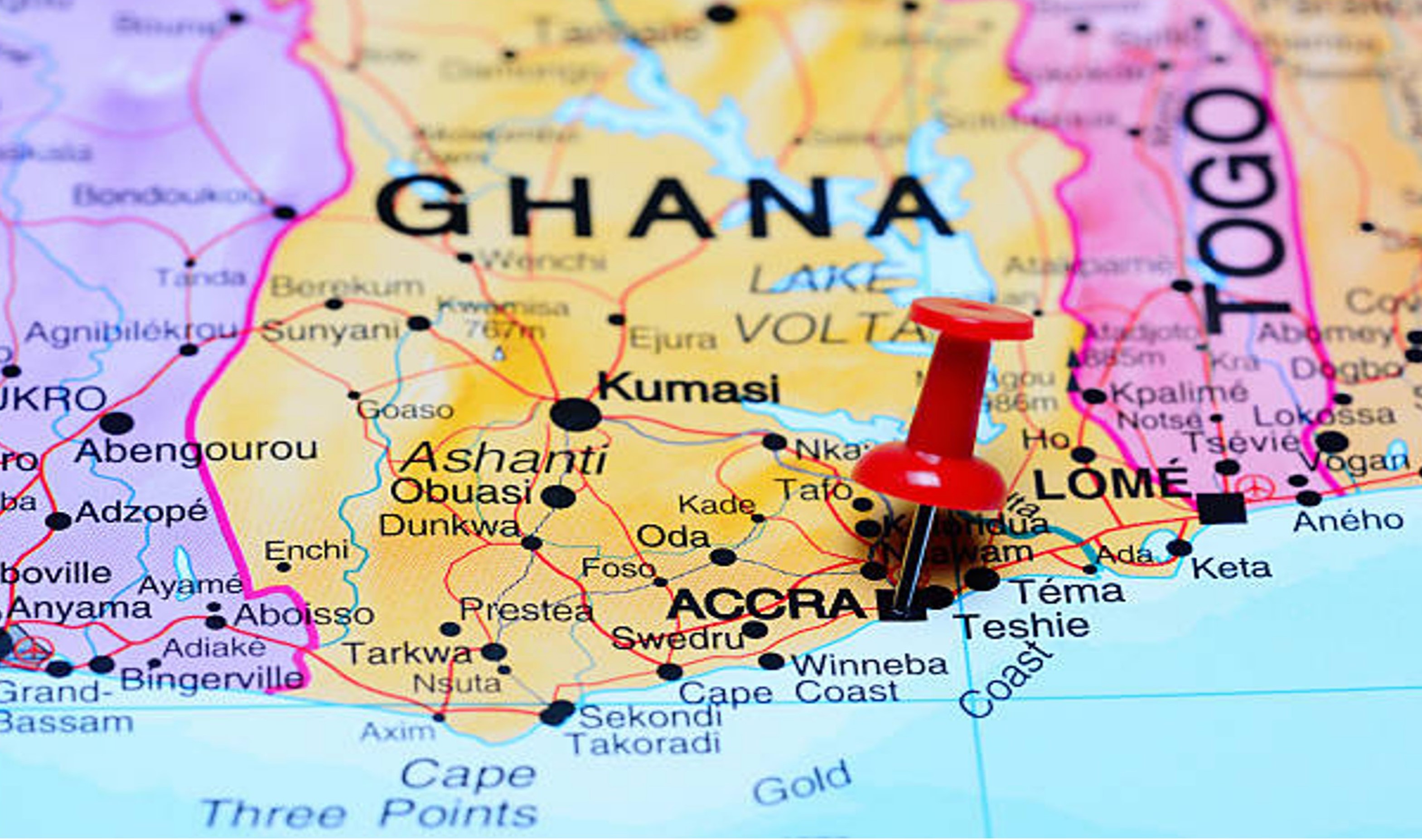Monday, March 28, 2022 / 12:04 PM / by FBNQuest Research / Header Image Credit: iStock
Last week, the Ghanaian authorities reeled out a series of measures aimed at cutting government expenditures. The austerity measures were implemented with the objective of bringing the fiscal deficit within the target of 7.4% of GDP in 2022, and reassuring investors of the government's dedication to fiscal discipline. The market reacted positively to the announcement, with Ghanaian Eurobonds rallying significantly. While we do not expect Nigeria to adopt Ghana's extreme measures, the government should recognise that it needs to step up its fiscal discipline on many fronts.
Ghana's economy, like most around the world, was severely impacted by the COVID-19 pandemic, with growth slowing to 0.4% in 2020 from 6.5% in 2019. The government's pandemic assistance program, which included 1.8% of GDP in fiscal support, monetary policy easing, and higher health spending, resulted in a record budget deficit and an increase in public debt to c.13.8% of GDP and 80% of GDP, respectively.
Although Ghana's 2021 GDP growth is broadly forecasted to rebound to c.4.7% by both the World Bank and the IMF, its fiscal deficit is expected to remain high a c.9.4% of GDP (ex-financial sector clean-up and energy costs), according to the country's 2022 budget statement. Including the energy and financial sector clean-up, the fiscal deficit is expected to climb to 12.1% of GDP.
As part of fiscal stabilisation and debt sustainability measures, the Ghanaian finance minister last week Thursday announced an additional 10% cut in government's discretionary expenditure after a 20% slash in January and a 50% cut in fuel coupon allocations for all political appointees and heads of government institutions from April 1, 2022.
The government also imposed a freeze on all overseas travel (excluding important statutory trips) and the purchase of imported automobiles by government agencies for the rest of the year.
Leading by example, top government officials including the President, ministers, and heads of state-owned entities are to face a 30% salary cut until December 2022.
The expenditure rationalisation measures are expected to result in c.USD400m in savings, according to Ghana's finance minister.
In comparison to the expenditure rationalisation moves by the Ghanaian government, Nigeria has run an expansionary budget since the commencement of the current administration in 2015.
We note that Ghana's debt-to-GDP ratio and projected FY '21 fiscal deficit of 80% and c.9.4% are much worse than Nigeria's 22% and 4.3% (as at November 2021).
However, its debt service-to-revenue ratio is slightly better. Based on the country's 2022 budget statement, total interest payment as a proportion of revenues for 9M '21 was c.54%. Although not exactly like-for-like, a similar ratio for Nigeria, for the 11 months to November was c.76%.
Faced with a rising debt-service-to-revenue ratio and limited resources for important spending, Nigeria's government might want to take a page from Ghana's book and trim the fat on some expenditures. A first step would be for the government to take a closer look at areas potentially fraught with leakages such as energy sector subsidies.
 Lagos, NG • GMT +1
Lagos, NG • GMT +1











 159 views
159 views















 Sponsored Ad
Sponsored Ad
 Advertise with Us
Advertise with Us









